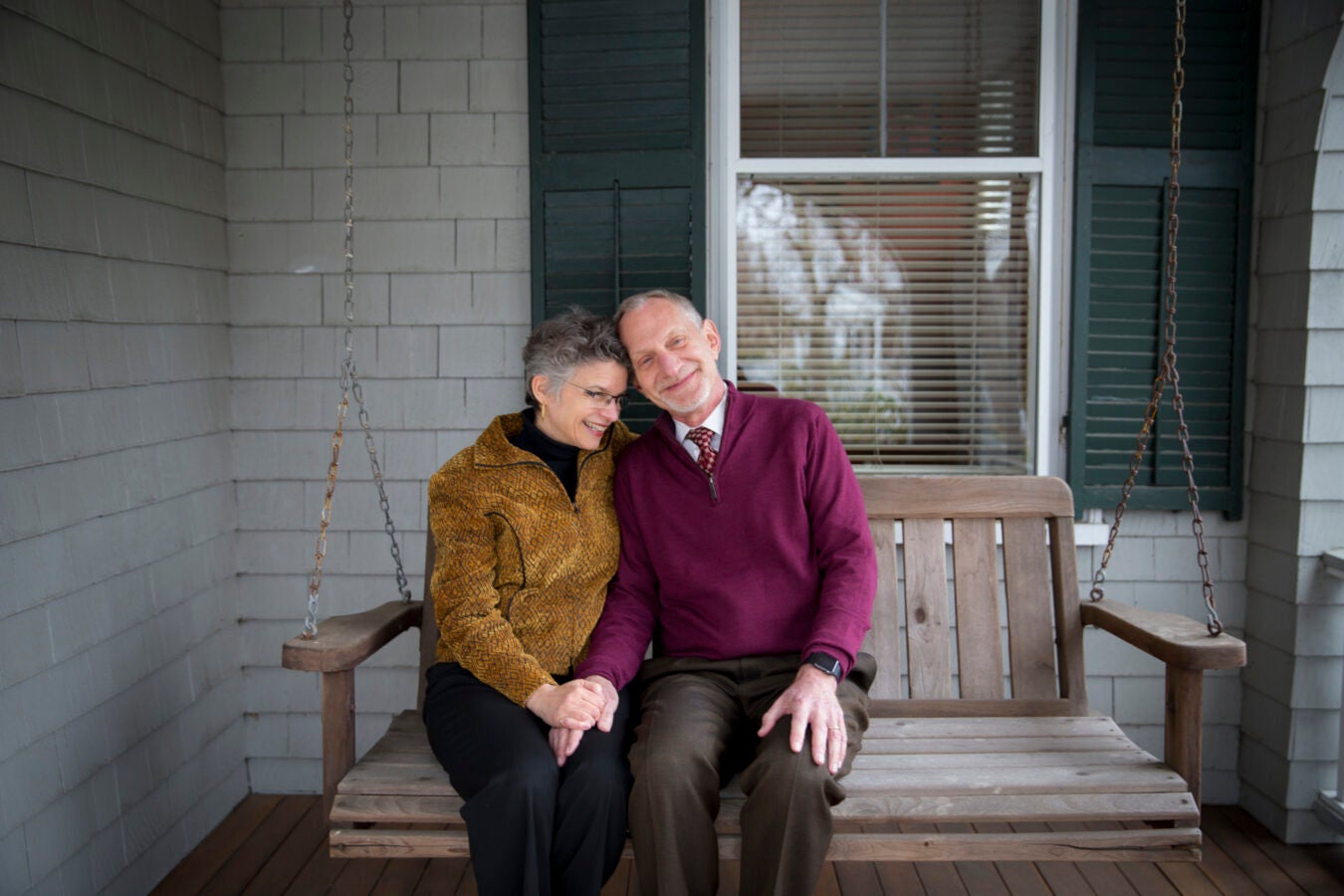My joy started with this:
Why my stroke was the best thing to ever happen to me
The latest here:
Good genes are nice, but joy is better
Harvard study, almost 80 years old, has proved that embracing community helps us live longer, and be happier
Second in an occasional series on how Harvard researchers are tackling the problematic issues of aging.
When scientists began tracking the health of 268 Harvard sophomores in 1938 during the Great Depression, they hoped the longitudinal study would reveal clues to leading healthy and happy lives.
They got more than they wanted.
After following the surviving Crimson men for nearly 80 years as part of the Harvard Study of Adult Development, one of the world’s longest studies of adult life, researchers have collected a cornucopia of data on their physical and mental health.
Of the original Harvard cohort recruited as part of the Grant Study, only 19 are still alive, all in their mid-90s. Among the original recruits were eventual President John F. Kennedy and longtime Washington Post editor Ben Bradlee. (Women weren’t in the original study because the College was still all male.)
In addition, scientists eventually expanded their research to include the men’s offspring, who now number 1,300 and are in their 50s and 60s, to find out how early-life experiences affect health and aging over time. Some participants went on to become successful businessmen, doctors, lawyers, and others ended up as schizophrenics or alcoholics, but not on inevitable tracks.
During the intervening decades, the control groups have expanded. In the 1970s, 456 Boston inner-city residents were enlisted as part of the Glueck Study, and 40 of them are still alive. More than a decade ago, researchers began including wives in the Grant and Glueck studies.
Over the years, researchers have studied the participants’ health trajectories and their broader lives, including their triumphs and failures in careers and marriage, and the finding have produced startling lessons, and not only for the researchers.
“The surprising finding is that our relationships and how happy we are in our relationships has a powerful influence on our health,” said Robert Waldinger, director of the study, a psychiatrist at Massachusetts General Hospital and a professor of psychiatry at Harvard Medical School. “Taking care of your body is important, but tending to your relationships is a form of self-care too. That, I think, is the revelation.”

"The people who were the most
satisfied in their relationships at age 50 were the healthiest at age
80,” said Robert Waldinger with his wife Jennifer Stone.(At age 50 was still married, didn't get divorced until 58, which started an incredible trajectory to happiness.)
Rose Lincoln/Harvard Staff Photographer
Close relationships, more than money or fame, are what keep people happy throughout their lives, the study revealed. Those ties protect people from life’s discontents, help to delay mental and physical decline, and are better predictors of long and happy lives than social class, IQ, or even genes. That finding proved true across the board among both the Harvard men and the inner-city participants.
The long-term research has received funding from private foundations, but has been financed largely by grants from the National Institutes of Health, first through the National Institute of Mental Health, and more recently through the National Institute on Aging.





No comments:
Post a Comment